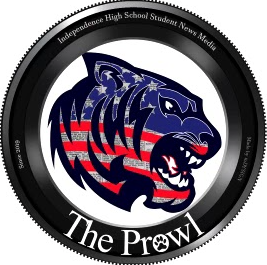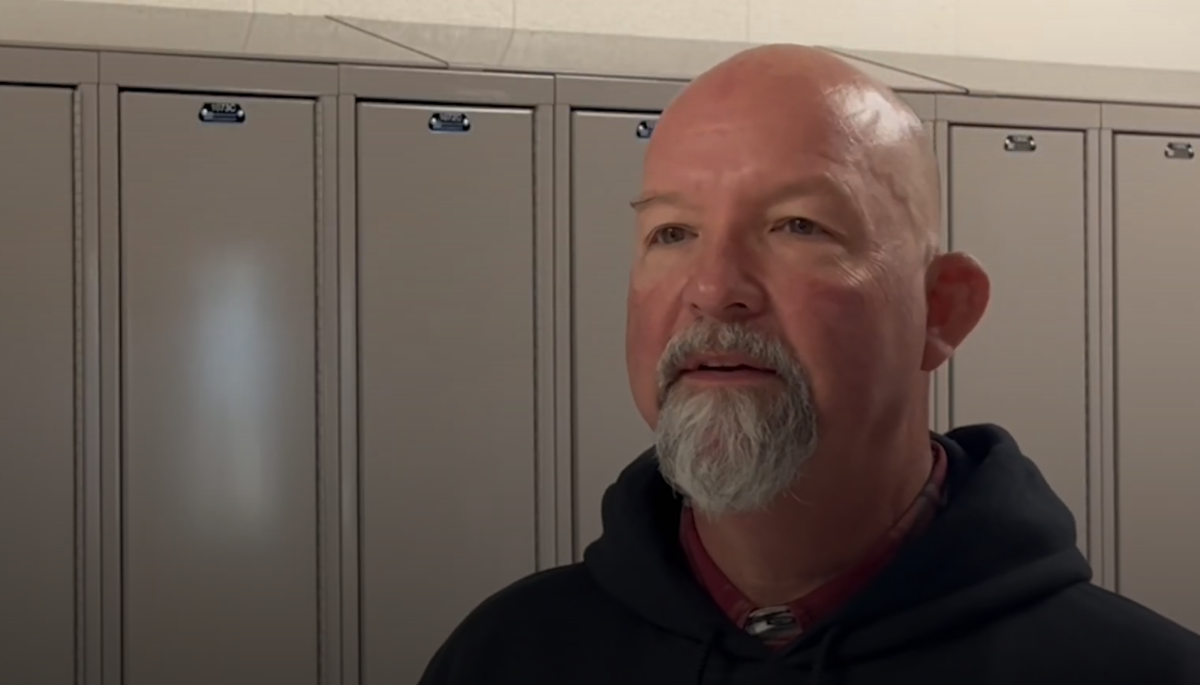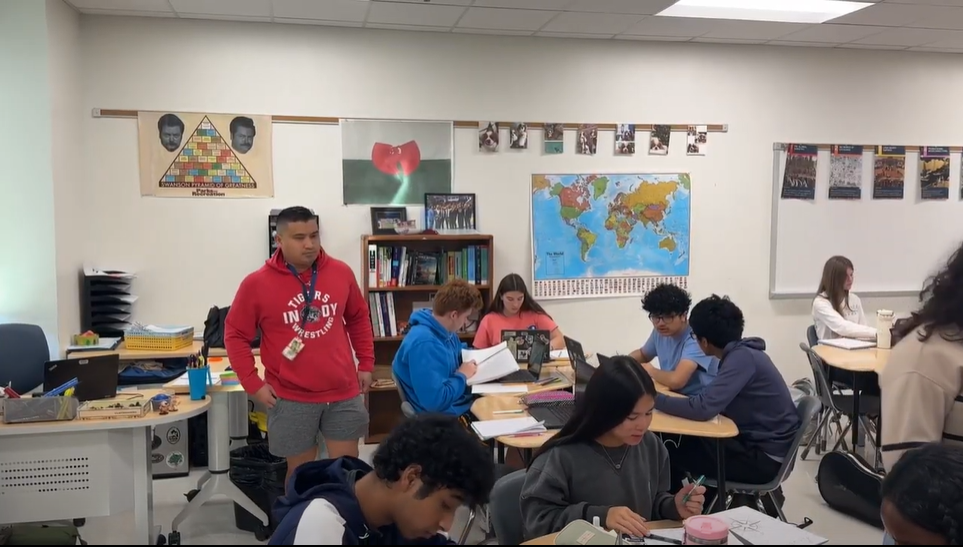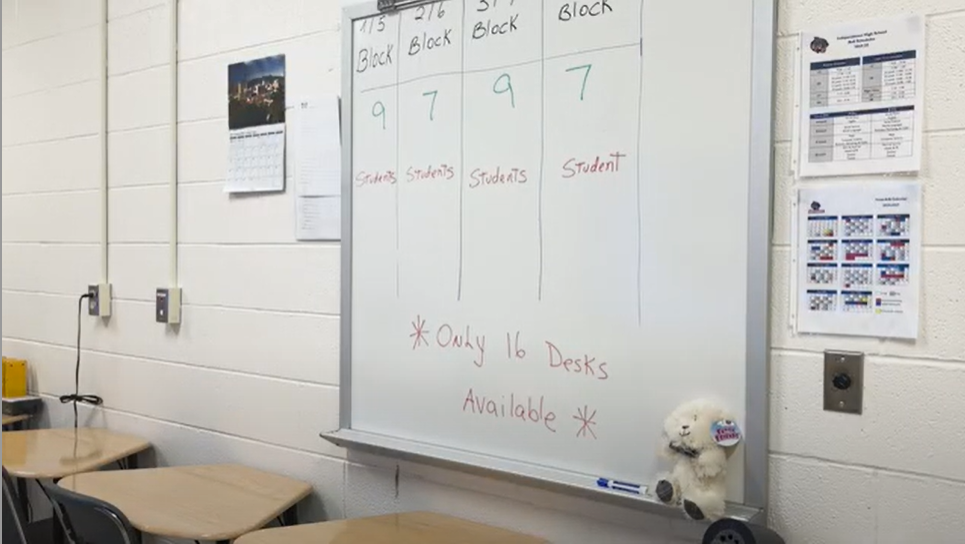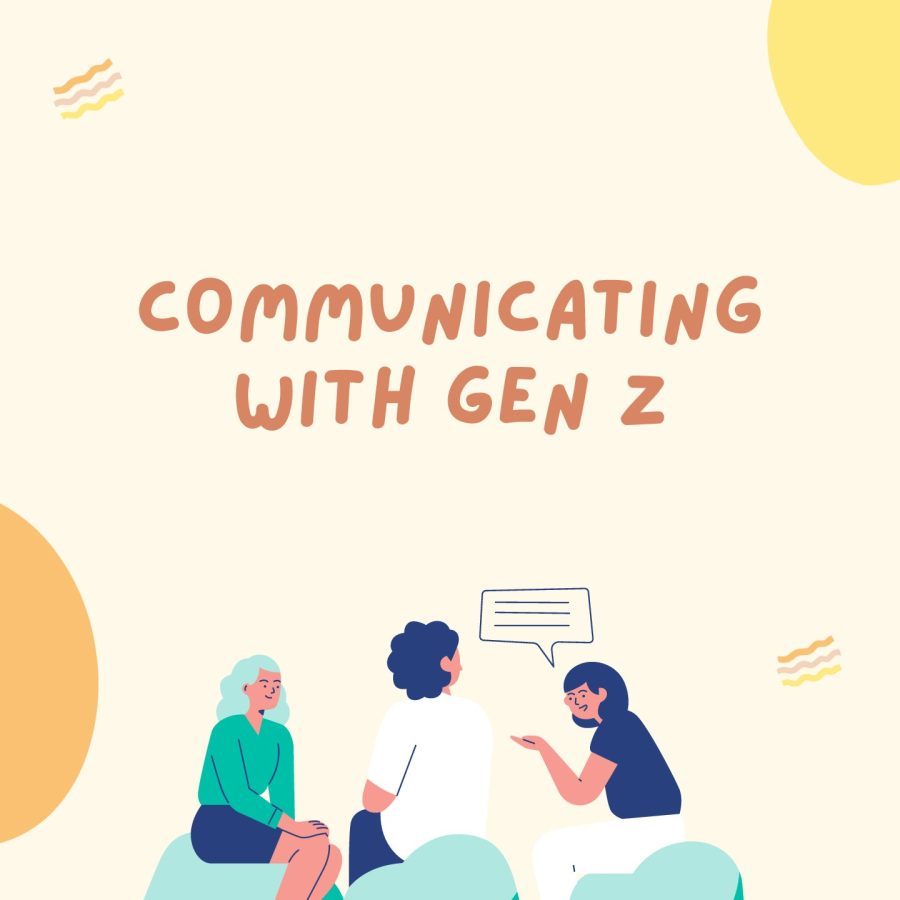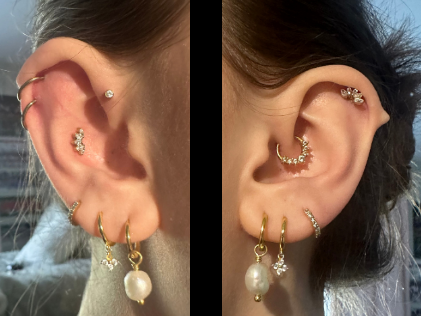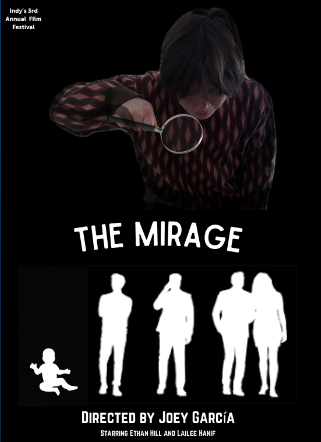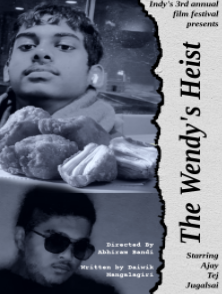Embarking on the journey from high school to college marks a significant chapter in the lives of Independence High School seniors. The transition is often accompanied by a number of decisions, uncertainties, and considerations. In an effort to provide valuable insights for these students, educators Jennifer Golobic, Heather Epifano, and Cassandra Shulman-Krawcyzk share their diverse experiences and perspectives on the college application process.
Ms. Jennifer Golobic, whose academic journey led her from the University of Illinois Urbana-Champaign to George Mason University, offers a unique perspective as an out-of-state student. Reflecting on her undergraduate experience, Ms. Golobic acknowledges the initial challenges of not knowing many people but emphasizes the growth that comes from stepping out of one’s comfort zone. Her background in fine arts and theater further enriches her advice, highlighting the importance of striking a balance between the grandiosity of a big school experience and the depth of conservatory training.
“I was lucky in that area. My bachelor’s was actually a fine arts program so I studied theatre in college,” she said during a recent interview.
Ms. Golobic talked about her fortunate circumstances and passion for the arts, providing a lens through which high school seniors can consider the various dimensions of their college choices.
Ms. Heather Epifano offered an alternative viewpoint. She studied for her master’s degree at George Mason University after completing her undergraduate degree at Virginia Tech. Heather Epifanos’ passion for both universities highlights the variety of alternatives found in higher education.
Her reflection on the pros and cons of her undergraduate experience emphasizes the importance of flexibility, especially when it comes to choosing a major. Ms. Epifano’s advice to prospective students encourages the exploration of gap years and community college, aligning with her belief in the significance of personal growth and well-being.
“If you really aren’t sure of what you want to do, I think it should be more widely acceptable to take gap years and also don’t be afraid of trying out NOVA for a semester if you’re really not sure. Save some money, you know a lot of kids fall into the trap where they go away to college and they fail, and they discover that it’s not for them, so don’t be afraid for that gap year or even trying community college, um otherwise, my other recommendation would be to just enjoy it, don’t rush to think you have to do it in all four years. If it takes you a little bit longer that’s okay too. Also, don’t feel stuck. If you’re not liking it, switch your major, if you’re not liking the school, switch schools, don’t feel like you have to stay there.”
The importance of making conscious choices throughout the college experience is emphasized by Ms. Epifano. In the event that students are unsure of their job aspirations, she advises them to think about other options like community college or gap years. A layer of caution is added by the emphasis on financial restraint and the possible difficulties that students may encounter by rushing off to college, encouraging a more thoughtful approach to higher education.
After completing her undergraduate studies at the College of William & Mary, Ms. Cassandra Shulman-Krawcyzk went on to earn her master’s degree at George Mason University. Ms. Shulman-Krawcyzk describes the tiny campus size as fostering a sense of friendship and community, which is clearly a reflection of her love for William & Mary.
“I would say definitely visit your campus, um a lot time, things like a certain way on paper but actually getting to step foot on campus and walk around, you could kind of sense of it in a different way, um I had said I was not going to a school in Virginia cause like I’m from Virginia, I was like I’m going out of state and I’m going to get away from my family but then um when I stepped on campus of William and Mary, like just like the charm of it and when I figured out the size and walking around, I was like oh this is really nice, there’s a lot of trees, a lot of this, it felt big but not too big and I wouldn’t have known that just like from looking at it online. So that’s probably my biggest piece of advice,” she said.
Ms. Shulman-Krawcyzk encourages students to go beyond the written word and take in the environment with their own eyes. The guidance emphasizes how crucial it is to take into account elements that may be difficult to fully capture through internet research, such as school atmosphere, size, and general feel. It emphasizes the notion that, depending on their individual tastes and sentiments about a certain college, students can make a more educated selection with the help of a campus visit, which can provide valuable insight.
“Pros, for me, was the size because it was more the experience I was looking for. Class sizes were small which meant more opportunities to ask questions or have conversations with teachers,” she added.
As these educators share their stories and advice, high school seniors at IHS are presented with a rich tapestry of experiences to consider in their own college journeys.
There is no one-size-fits-all strategy for higher education, and that is the main takeaway. Students are instead urged to focus on their personal wellbeing, be open to different possibilities, investigate, and have faith that the appropriate path will find itself. As the graduating class of IHS navigates the thrilling and transformational road ahead, the insight of Jennifer Golobic, Heather Epifano, and Cassandra Shulman-Krawcyzk acts as a beacon of guidance.
